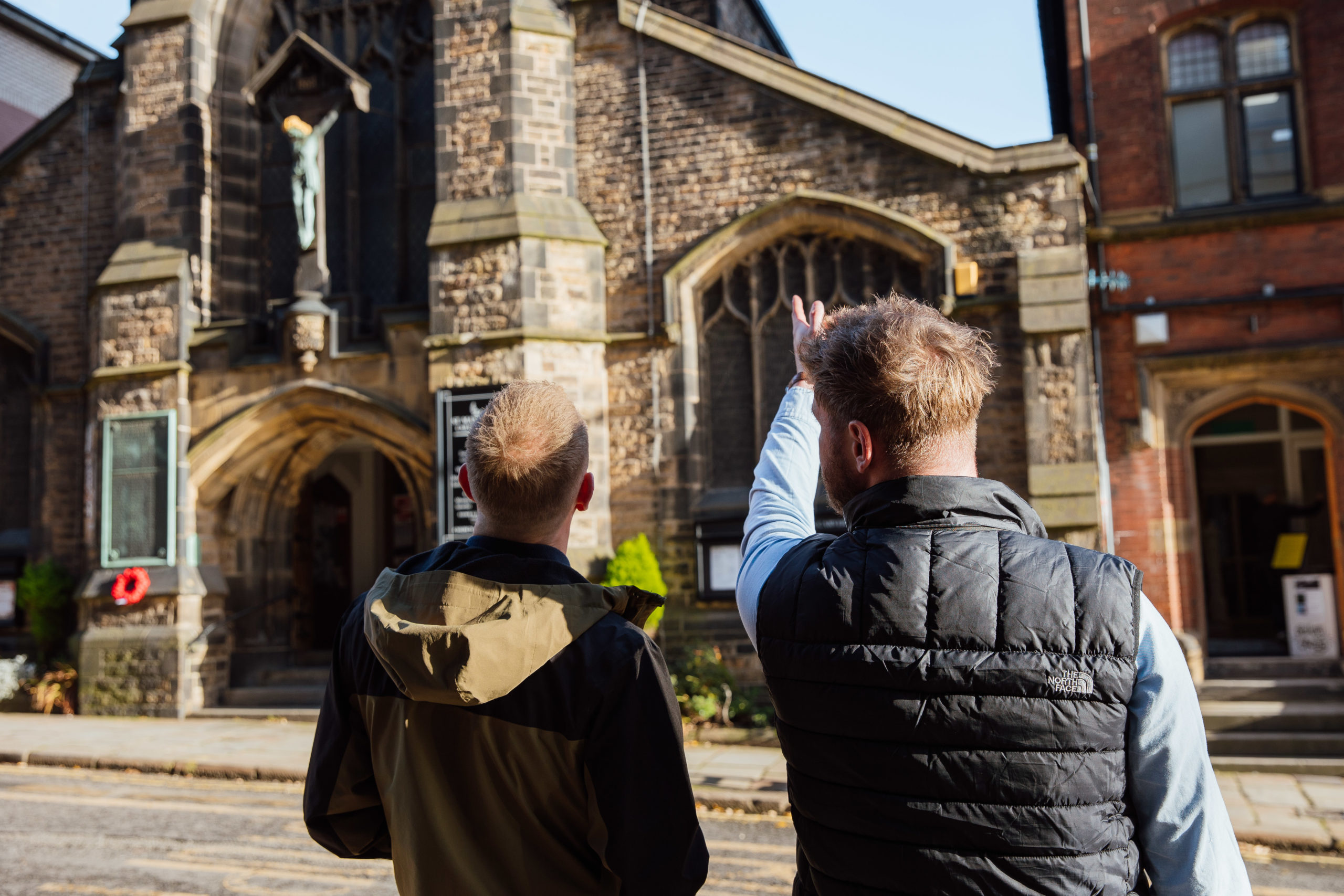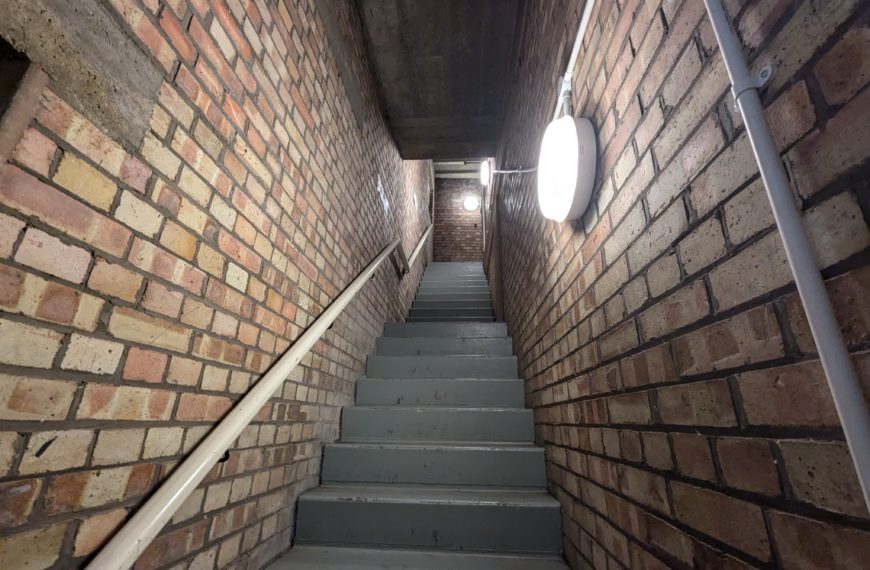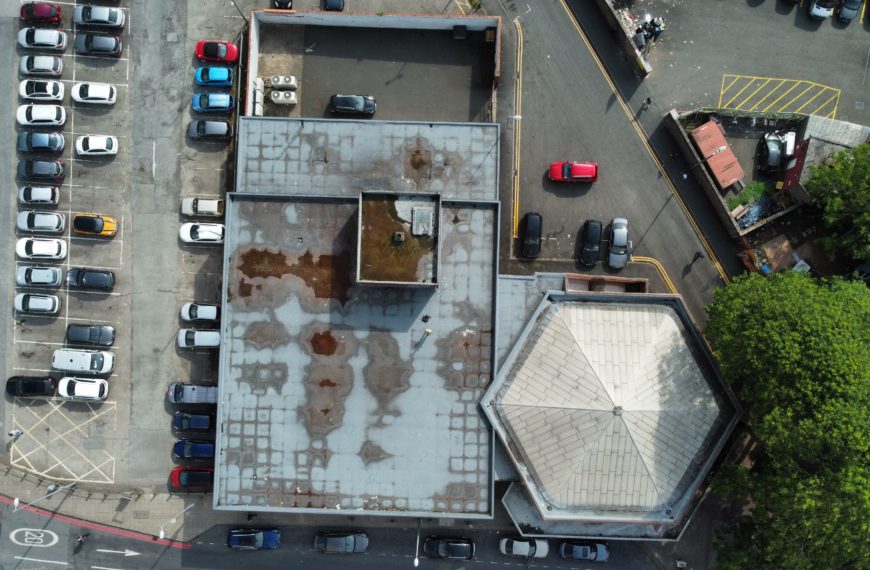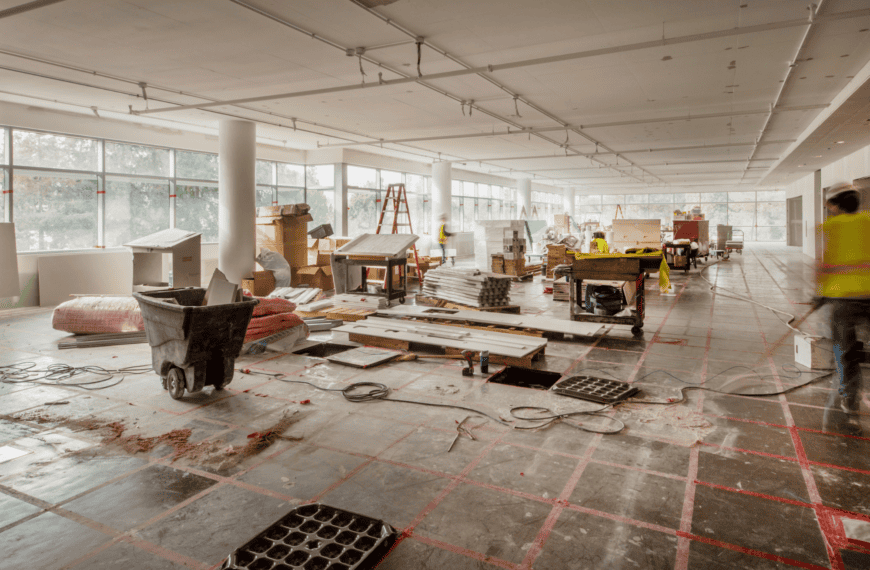At its core, a surveyor’s role is to assess the condition of a property: inside, outside, and everything in between. We look for defects, structural issues, and potential future problems, before compiling a detailed report that helps the buyer make an informed, confident decision.
We know having a surveyor around to your house can be one of the more nerve racking parts of the sale process, but it doesn’t need to be. Ultimately, a really good surveyor should be giving your buyer confidence to move forward, whether there are issues or not. If a buyer really wants your house, it isn’t often we find something so serious it can’t be dealt with if both sides are willing to acknowledge there’s an issue and deal with it. We want sales to happen and people to buy the homes they want.

What Does a Surveyor Actually Do?
In most residential cases, this means a RICS Level 3 Building Survey—a detailed survey that provides detailed advice in terms of what a defect is, how it effects the property and options for how to repair it.
We may use ladders, pole cameras, or even drones to reach tricky spots. Depending on the size and complexity of the home, a thorough survey can take anywhere from a few hours to a full day.
What Happens During a Survey?
That depends on the type of survey the buyer has chosen. A Level 3 Building Survey is the most comprehensive and includes:
- Assessment of structure, roof, walls, windows, and doors
- Inspection of lofts, basements, garages, and outbuildings
- Evaluation of visible services and fixtures
- Detailed guidance on less obvious or more serious issues such as damp or structural movement
For smaller or newer homes—or if the buyer is less concerned about detail—they may opt for a Level 2 HomeBuyer Report instead. This is a less detailed survey, with basic advice on issues identified and commentary on construction. However, it won’t include specialist equipment or inspection behind furniture or flooring.
Questions a Surveyor May Ask
1. How Old Is the Property?
We may ask about the property’s construction date and any significant alterations. Loft conversions, extensions, or other upgrades often affect the structure, and knowing when they were completed helps us contextualise our findings.
It’s not essential that you know all the answers, and your surveyor will be able to form their own opinion dur the inspection, but it’s useful information if you do know.
2. Have You Or are You Aware of Previous Owners Made Any Recent Improvements?
New kitchens, bathrooms, roofs, windows, or insulation are all relevant. While we won’t test hidden features like underfloor heating, it’s useful to know about them so we can assess visible indicators of quality and installation.
Again, this isn’t essential that you know all the answers, and your surveyor will be able to form their own opinion dur the inspection, but it’s useful information if you do know.
3. Where Are the Utilities?
Gas meters, fuse boxes, water shutoffs, are you connected to mains drainage: please point them out. We’ll also look for relevant test certificates (electrical safety, boiler servicing, etc.) and your EPC if available. While we don’t test services, we do record their presence and condition.
4. Do You Have All the Keys?
Full access is essential. Sheds, garages, loft hatches, side gates. We need to see it all. Ensuring keys are available saves everyone time and prevents the need for return visits.
5. Do You Have Planning or Building Regs Certificates?
If your property has been extended, converted, or structurally altered, we’ll ask to see completion certificates, planning permissions, and Building Control sign-offs. These documents provide crucial assurances to the buyer.
6. Have There Been Any Insurance Claims?
Subsidence, flooding, or major repair claims must be disclosed. Buyers will want to know, and not mentioning previous issues could delay the transaction, or worse, result in legal consequences.
7. What’s the Parking Situation?
Off-street? Permit-only? Shared driveway? Parking is a practical concern for most buyers, and we’ll likely ask about current arrangements and any local restrictions or permits required.
4. Not Considering Future Needs
In the excitement of buying a home, it’s easy to focus on immediate requirements, overlooking future needs. Many buyers regret not thinking about how the home will serve them in the coming years. Life changes. Such as family expansion, working from home, or retirement can require additional space, amenities, or accessibility features. Failing to account for these needs can force homeowners into premature moves or costly adaptations later on.
At Fourth Wall, we believe transparency is key. Being prepared for these questions not only helps us carry out a thorough inspection, but it also shows prospective buyers that your property has been well cared for—and that you’re on top of the details that matter.
Need support preparing your property for a survey?
Whether you’re a homeowner, developer, or investor, we’re here to guide you through the process. Get in touch with our team to book a consultation or ask about our pre-survey readiness checklist.

